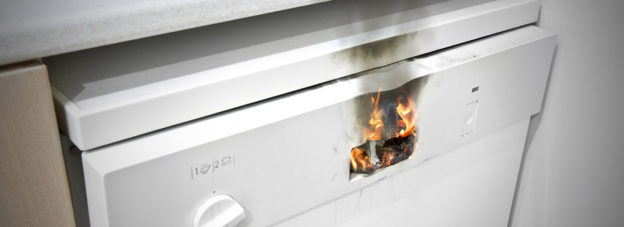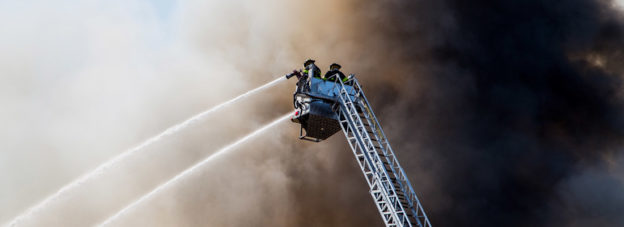In Okla. Farm Bureau Mut. Ins. Co. v. Omega Flex, Inc., No. CIV-22-18-D, 2023 U.S. Dist. LEXIS 197755, the United States District Court for the Western District of Oklahoma (the District Court) determined spoliation sanctions were not warranted after a home was demolished for repair following a joint scene examination.
The insurer, Oklahoma Farm Bureau Mutual Insurance Company (Insurer) provided a policy of insurance to Michael and Sondra Diel (the Diels). On July 11, 2020, the Diels’ home was struck by lightning and their attic caught fire. Following the loss, Insurer retained both counsel and fire origin and cause experts to inspect the Diels’ property. Insurer’s counsel informed in-house counsel for Omega Flex, Inc. (Omega Flex) via a letter dated July 14, 2020, that a preliminary investigation indicated the fire may have been caused by an Omega Flex product—specifically, TracPipe Corrugated Stainless Steel Tubing (CSST). Insurer’s counsel invited Omega Flex to inspect the property, noting: “It is anticipated that the loss will exceed $300,000” and stating that any inspection “must be completed during the next two weeks. At that time, the homeowner will proceed with demolition to rebuild.” (Emphasis added).






